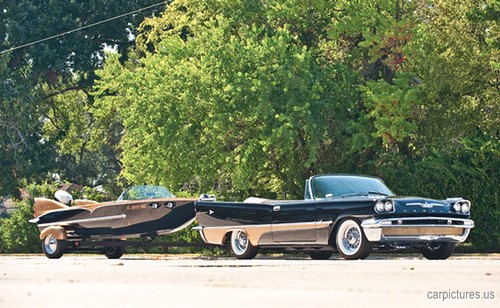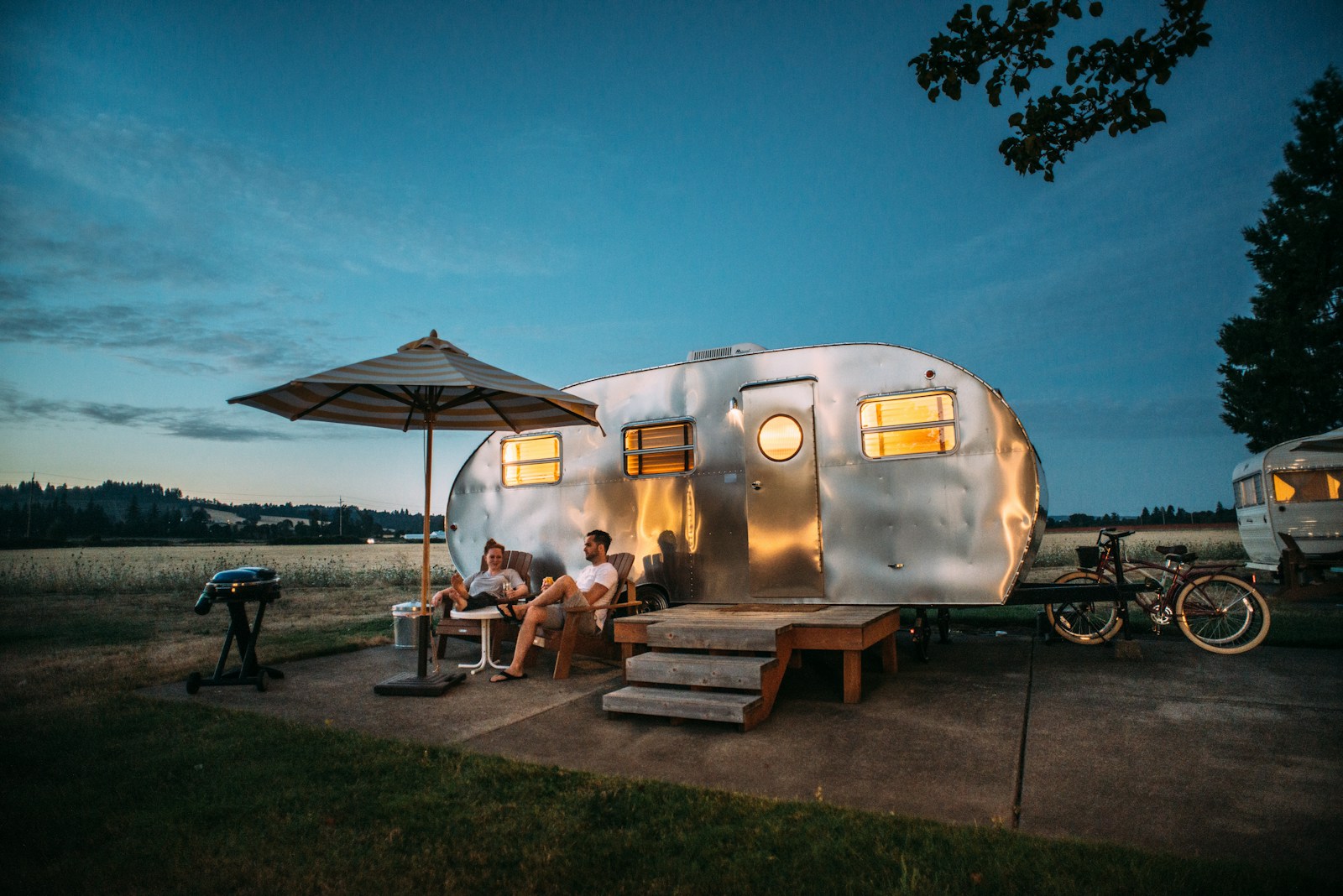For many people, owning an RV is a dream come true. With the freedom to travel and explore the world around them, it’s no wonder that so many people invest in these incredible vehicles. However, when it comes to storage, many RV owners are at a loss. Storing your RV safely and properly is essential to maintaining its condition and keeping it safe from damage or theft. In this blog post, we’ll be discussing some of the best RV storage methods to help you keep your vehicle in top shape for years to come.
Outdoor Storage:
If you don’t have the space to store your RV indoors, outdoor storage may be your only option. When using an outdoor storage facility, look for one that is secure and has video surveillance. It’s also important to make sure the facility has adequate lighting and fencing to deter potential thieves. Before leaving your RV in storage, be sure to clean it thoroughly, empty out all tanks, and disconnect the battery to prevent any damage.
Indoor Storage:
Indoor RV storage is a great option if you are lucky enough to have a location with the space for it. When storing your RV inside, it’s important to make sure the facility has proper ventilation to prevent moisture buildup. You should also ensure that the facility has secure locks and a climate-controlled environment to keep your RV safe from damage or theft.
Covered Storage:
Covered storage is a great option if you want to protect your RV from the elements while still having easy access to it. Covered storage can be a carport or a canopy, and it will provide protection from the sun, rain, and snow. When using a covered storage facility, you should still make sure it has secure locks and proper ventilation to prevent moisture buildup.
Self-Storage:
Self-storage facilities can be a convenient and cost-effective option for RV storage. When using a self-storage facility, look for one that provides RV-specific storage units. These units will have adequate space and height to accommodate your RV. It’s also important to make sure the facility has secure locks and video surveillance.
Home Storage:
If you have the space on your property, storing your RV at home can be a convenient option. When storing your RV at home, make sure you have a designated storage area with adequate space for your RV. It’s also important to make sure the storage area has proper ventilation and protection from the elements. You should also consider installing security cameras or an alarm system to protect your RV from theft.

The Dangers of Leaving Your RV Without Proper Storage
Owning an RV is a fun experience that gives you a sense of freedom and adventure. However, once the thrill of the open road subsides, you need to start thinking about storing your RV during the off-season properly. Many RV owners tend to overlook the importance of RV storage, thinking that leaving it outside their homes or in an open storage lot is good enough. However, this could have severe consequences on your RV’s lifespan, safety, and even your insurance. In this blog, we will discuss the dangers of leaving your RV without proper storage and why you need to take storing it seriously.
Damage from the Elements
When left outside, your RV is exposed to the harsh elements of nature such as wind, rain, snow, and heat. These natural agents could have devastating effects on your RV’s exterior, causing the paint to peel, rust, or oxidize. Additionally, prolonged exposure to the sun and UV rays could damage the roof, causing leaks, and weakening the structural integrity of your RV.
Pest Infestations
An unoccupied RV left out in the open is a breeding ground for rodents, insects, and other pests that could wreak havoc on your vehicle’s interiors. These critters can chew through electrical wires, eat into your furniture, and even damage your plumbing. This can prove to be expensive to repair when you finally return to using your RV.
Vandalism and Theft
Leaving your RV unprotected puts it at risk of vandalism or theft. When left unguarded, your RV becomes a target for criminals looking to score or wreak havoc. You could come back to find your windows smashed, doors broken into, and your belongings missing. This can leave you feeling like you have not only lost your RV but your sense of security.
Voided Insurance Claims
Most RV insurance policies require you to store your RV properly when not in use. If you fail to comply with this requirement, your policy may become void, leaving you with no financial backing if something goes wrong. This means that even if you had insurance, you would still have to bear the costs of repairing any damages caused by the above dangers—essentially rendering your insurance policy null and void.
Decreased Lifespan
By leaving your RV out in the open, you are shortening its lifespan. The damage caused by the elements, pests, vandalism, and theft takes its toll on your RV, and repair costs can quickly add up. If you want to get the most out of your RV, you need to store it properly when not in use.
Leaving your RV outside without proper storage is a recipe for disaster. Exposing your RV to the elements, pests, theft, and vandalism can prove to be costly in more ways than one. The best way to ensure your RV is safe and secure is by investing in proper storage. If you’re unsure about where or how to store your RV, consult or contact your local RV dealer or storage facility for advice. With the right storage solutions, you can rest easy knowing your RV is safe, secure, and ready for your next adventure.

How to Store Different Types of RVs
Are you a proud owner of an RV or thinking about buying one? Owning an RV can be a great way to travel and explore the world, and it is an investment that should be protected with quality storage practices. Properly storing your RV is crucial to keep it safe from harsh weather conditions, vandalism, theft, and other potential hazards. Below, we will discuss different types of RVs and the best storage practices to help you protect your investment for years to come.
Class A RVs:
Class A RVs are the largest and most luxurious type of recreational vehicles. Due to their size, these RVs require more storage space. It is vital to park your Class A RV on a level surface and keep them unplugged from their electric sources to avoid electrical issues. Always turn off all plumbing fixtures, wash them and drain the water tanks. We recommend using RV covers to protect the exterior of your vehicle from UV rays, dirt, and debris.
Class B RVs:
Class B RVs, also known as camper vans or conversion vans, usually have a smaller size and are easier to maneuver. They can be stored indoors or outdoors, but we highly recommend keeping them in a covered storage facility with a designated parking space. Moreover, it is essential to keep them clean and sanitized before storing to prevent mold growth and pests.
Class C RVs:
Class C RVs are known for their unique design with a truck chassis, front engine, and a bed over the cab. They are smaller than Class A RVs, but they still require ample storage space. It is crucial to drain the tanks, remove food, and disconnect all power sources before storing. We recommend storing them in covered storage to prevent weather damage.
Travel Trailers:
Travel trailers are non-motorized RVs that can be towed by a truck or SUV. They require less storage space compared to Class A and C RVs and can be stored indoors or outdoors. Make sure to level the trailer and disconnect all power sources before storing. Also, remove all perishable items, such as food, drinks, and toiletries.
Fifth Wheels:
Fifth Wheels are larger and usually accommodate more people than travel trailers. They are hitched to a pickup truck and require more storage space. Before storing, make sure to remove all perishable items, drain the tanks, and clean the interior. We recommend covering it with a specialized RV cover to protect the exterior from harsh weather conditions.

Owning an RV can provide a fun, convenient, and exciting way to travel, but it requires proper storage techniques to keep it running efficiently and looking good. Whether you own a Class A, B, or C RV, travel trailers, or fifth wheel, embrace the above-listed tips for proper storage practice. Following these guidelines will help reduce costs, extend the longevity, and ensure that your RV is always ready for your next adventure. So, start planning your next life-changing trip and feel safe that your RV is in great storage conditions.
In Conclusion:
Whether you’re an avid traveler or you only take your RV out once a year, proper storage methods are essential to keeping your vehicle in top shape. By using these RV storage methods, you can protect your RV from damage, theft, and the element. So, before you get ready to park your RV, take the time to consider which storage option is best for you and your vehicle.

Interstate Haulers
Interstate Haulers is here for all your RV transport needs. We haul many types of RV’S and travel trailers: Bumper Pull, 5th Wheel, Toy Haulers Towable RVs. Call us or go to our website for a quote!</



